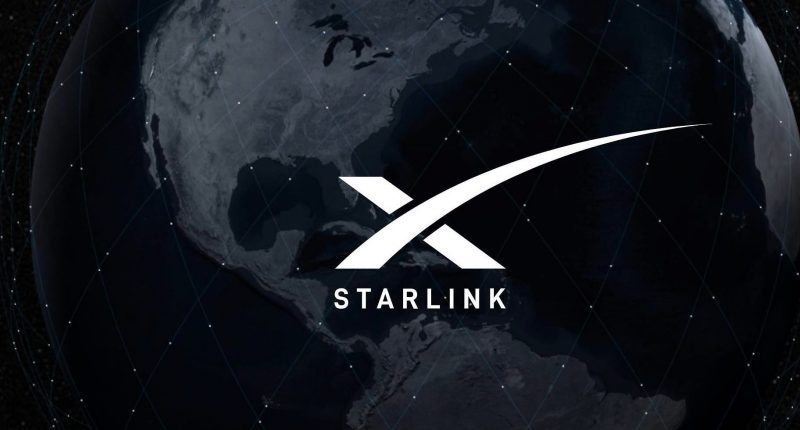After a long and rather arduous journey, Elon Musk’s Starlink — the satellite internet service owned by SpaceX — has received an operating license from the Indian government, marking a major step towards its entry into the country. Union Minister Jyotiraditya M. Scindia, who oversees Communications and Development of the North Eastern Region, confirmed the development following a meeting with Gwynne Shotwell, President and COO of SpaceX.
Minister Scindia posted on X (formerly Twitter) that discussions with Ms. Shotwell explored “opportunities for collaboration in satellite communications to power Digital India’s soaring ambitions and empower every citizen across the country.” Ms. Shotwell reportedly “appreciated the license granted to Starlink, calling it a great start to the journey.”
Starlink, already operational in over 100 countries, provides high-speed, low-latency broadband internet via a constellation of Low Earth Orbit (LEO) satellites. Unlike traditional satellite services that rely on distant geostationary satellites, Starlink’s closer proximity to Earth (around 550 km) enables faster and more reliable connectivity, making it particularly suitable for remote or underserved locations. Users can typically expect speeds ranging from 25 Mbps to 220 Mbps, with many consistently experiencing over 100 Mbps.
For the Indian market, Starlink is anticipated to offer two primary plans: a “Residential Lite” option for users with lower data needs and a “Full Residential” package for those requiring greater bandwidth. The Standard Kit, essential for accessing the service, is estimated to cost around ₹33,000. This kit includes the Starlink satellite dish, a kickstand, a third-generation router, and necessary cabling. Monthly costs for unlimited data access are expected to range between ₹3,000 and ₹4,200.
Starlink’s entry follows partnerships forged in March with India’s leading telecom operators, Reliance Jio and Bharti Airtel. These collaborations aim to leverage the extensive retail networks of Jio and Airtel for the distribution of Starlink equipment. Beyond equipment, Jio is set to manage customer support, installation processes, and service activation. These alliances are expected to expand internet coverage beyond existing land-based networks, particularly benefiting businesses, healthcare centers, schools, and remote communities.
Starlink is now the third company to receive a license from India’s Department of Telecommunications for satellite internet services, joining Eutelsat OneWeb and Jio Satellite Communications. Amazon’s Kuiper remains another applicant awaiting approvals. The move intensifies competition within India’s growing satellite broadband market, projected to reach $1.9 billion by 2030. While the operating license is a major milestone, Starlink still requires additional clearances from India’s space regulator, IN-SPACe, as well as spectrum allocation and the establishment of ground infrastructure, along with stringent security testing, before full commercial launch.
Obtaining an operating license in India proved to be a protracted process for Starlink; a significant hurdle arose in late 2021 when the company started accepting pre-bookings and payments from Indian consumers without prior regulatory authorization. This led the Department of Telecommunications (DoT) to order the company to cease operations and issue a public advisory against subscribing to the service, forcing Starlink to refund all advance payments and halt its early market entry efforts.
The Tech Portal is published by Blue Box Media Private Limited. Our investors have no influence over our reporting. Read our full Ownership and Funding Disclosure →






